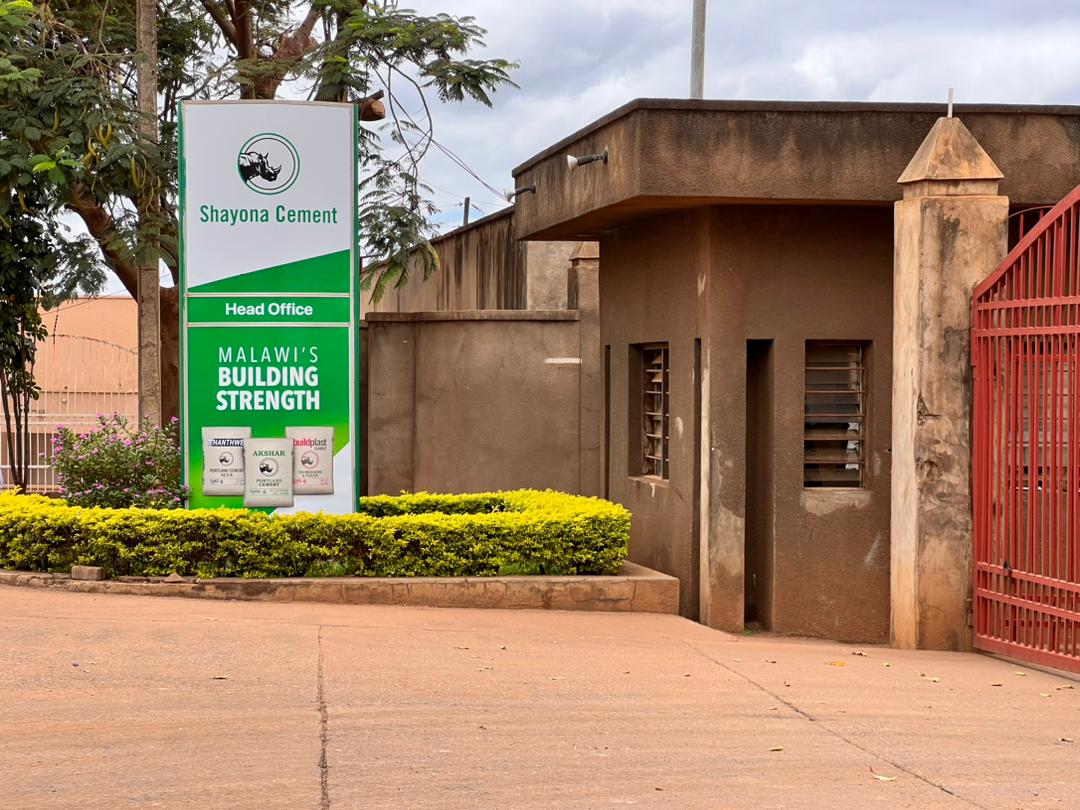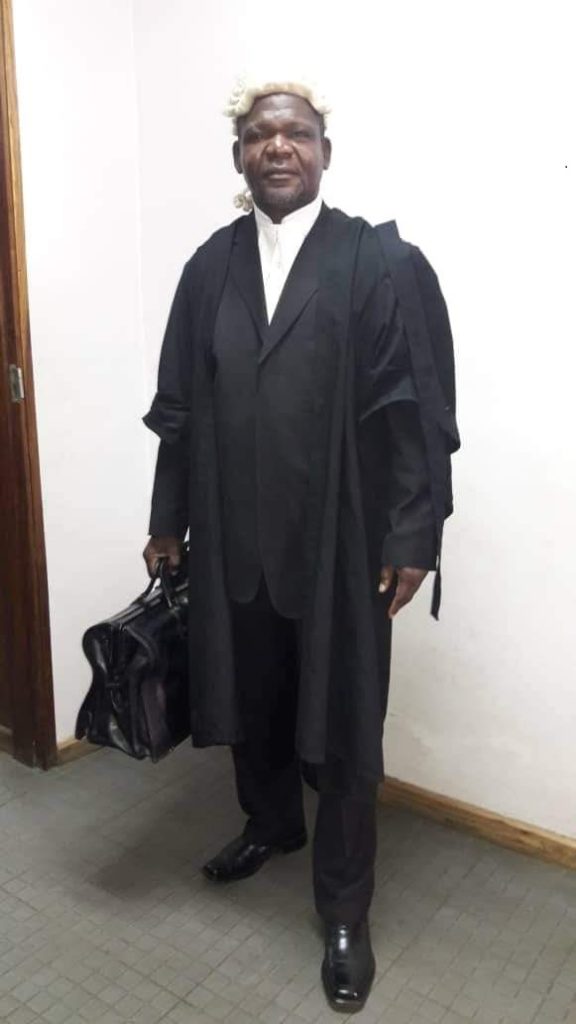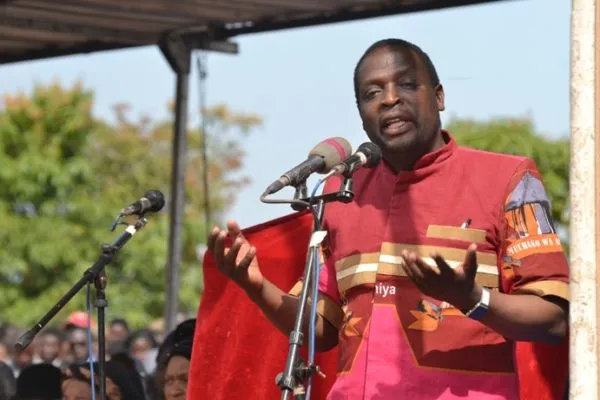BY GREGORY
GONDWE
As Malawi
approaches its tripartite elections in September 2025, the government’s
expanding surveillance infrastructure raises concerns about its potential to be
used for political repression.
Both the Cellebrite
UFED system, capable of extracting deleted data from phones and computers,
and the Central Equipment Identity Register (CEIR), which tracks and
blocks mobile devices, represent powerful tools that could be used to monitor
and suppress opposition activity. These technologies, while ostensibly
introduced for combating cybercrime and fraud, present significant risks to
civil liberties and democratic processes, especially in a country with a repute
of state surveillance.
The
implications of these tools are profound, particularly given Malawi’s lack of
comprehensive data protection laws. In a tense pre-election atmosphere, their
misuse could lead to the silencing of critical voices and the undermining of
fair political competition. What’s at stake is not just the privacy of
individuals but the very integrity of the upcoming elections.
The Threat of State Surveillance
The CEIR,
implemented by the Malawi Communications Regulatory Authority (MACRA), is
designed to block stolen phones and SIM cards, ostensibly to curb fraud. It can
block both a mobile device and the SIM card associated with it, effectively
tracking users through the device’s International Mobile Equipment Identity
(IMEI) number. But its capabilities go beyond combating phone theft.
Coupled with compulsory SIM card registration, the system allows the state to
track citizens' mobile devices, raising concerns that it could be used for
surveillance during the elections.
Even more
troubling is the Cellebrite UFED, a tool with the ability to retrieve
deleted data from phones and laptops, decrypt passwords, and access cloud
storage. A recent investigation by the Platform for Investigative Journalism
(PIJ) revealed that MACRA, which initially denied having such technology, is
now using the system through its cybersecurity unit. The Malawi Revenue
Authority (MRA) also possesses a similar tool, which it claims is used for
investigating tax evasion. However, the potential for this technology to be
repurposed for monitoring opposition leaders, journalists, and activists is
alarming.
These
surveillance tools enable the state to gather massive amounts of personal
information, track communications, and access private data. In the context of
Malawi’s upcoming elections, this creates a chilling effect on political
participation. Opposition figures may hesitate to communicate freely, fearing
their private conversations will be intercepted. Journalists may censor
themselves to avoid retaliation, and activists might retreat from public
discourse.
A History of Surveillance Misuse
The use of
surveillance technologies to silence dissent in Malawi is not hypothetical. In
2022, Freedom House reported incidents where the government allegedly monitored
private communications without legal authority. One notable case involved the
arrest of a citizen for comments made on an encrypted platform. Similarly,
journalists like Gregory Gondwe, who leads the Platform for Investigative
Journalism, have been targeted by police attempting to access their devices,
raising concerns about press freedom and the safety of whistleblowers.
While MACRA
and other government agencies maintain that their surveillance systems are used
within legal frameworks, these assurances are undermined by the lack of
transparency and oversight. Malawi’s Communications Act of 2016 offers
limited protection of subscriber data, and there are no robust data protection
laws in place to regulate the use of powerful tools like Cellebrite and the
CEIR. Without these safeguards, surveillance could easily be abused for
political gain, especially in an election period.
The Digital Divide and the Cost of Surveillance
The
introduction of the CEIR has been framed as necessary to combat fraud
and protect consumers from mobile theft. Yet, its implementation could also
disenfranchise many Malawians. The system has the potential to block
counterfeit mobile phones, which are commonly used by low-income citizens who
cannot afford high-end devices. While MACRA insists this is a necessary measure
for quality control, the result may be to cut off significant portions of the
population from digital services—services that are increasingly vital for
political engagement and participation.
At the same
time, the government has spent millions on building this surveillance
infrastructure. According to PIJ’s findings, Malawi has invested $27 million in
surveillance technologies, money that could have been allocated to critical
public services like education, healthcare, and infrastructure. This level of
spending raises questions about the government’s priorities: Why invest so
heavily in surveillance at a time when the country faces pressing social and
economic challenges? And who ultimately benefits from these investments?
The Danger of Silence
One of the
most concerning aspects of this growing surveillance state is the silence that
surrounds it. While civil society organizations like PIJ and rights activists
such as Jimmy Kainja have raised alarms, much of the public remains unaware of
the true extent of the government’s capabilities. Even media organizations have
expressed concerns about state surveillance, fearing that tools like the Cellebrite
UFED could be used to identify sources, intercept communications, and
compromise the safety of whistle-blowers.
This
atmosphere of fear and uncertainty risks undermining the democratic process
itself. Free speech, privacy, and the ability to organize without state
interference are essential components of a healthy democracy. If opposition
leaders, journalists, and activists believe they are being watched, they may
refrain from challenging the government or exposing wrongdoing. In the lead-up
to the 2025 elections, such self-censorship could have devastating consequences
for Malawi’s democracy.
The Way Forward: Safeguarding Democracy
To protect
democratic freedoms, Malawi must enact comprehensive data protection laws that
provide strong safeguards against the misuse of surveillance technologies.
These laws should include judicial oversight, strict limits on data collection,
and clear accountability mechanisms to ensure that surveillance is used only
for legitimate security purposes and not for political repression. Without such
protections, the potential for abuse is too great, and the cost to Malawi’s
democracy too high.
Moreover,
civil society must continue to push for transparency. The public has a right to
know how these technologies are being used, and to what extent their data is
being monitored. International observers, too, should be vigilant in monitoring
the conduct of the government during the 2025 elections, ensuring that
surveillance tools are not used to intimidate or suppress political opposition.
In
conclusion, while technologies like the Cellebrite UFED and the CEIR
may have legitimate applications in combating crime, their potential for misuse
in the context of Malawi’s upcoming elections is deeply concerning. If these
tools are used to monitor and suppress the opposition, the elections may be
neither free nor fair. The government must act now to ensure that surveillance
does not become a tool of political control but remains, as it should be, a
means of protecting citizens. As the election draws near, the world will be
watching to see how Malawi navigates this delicate balance between security and
privacy.
This article was commissioned by Intelwatch, which is
dedicated to strengthening public oversight of state and private intelligence
agencies in Southern Africa and around the world.



.jpg)




